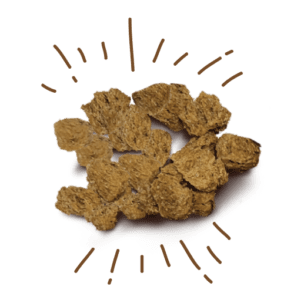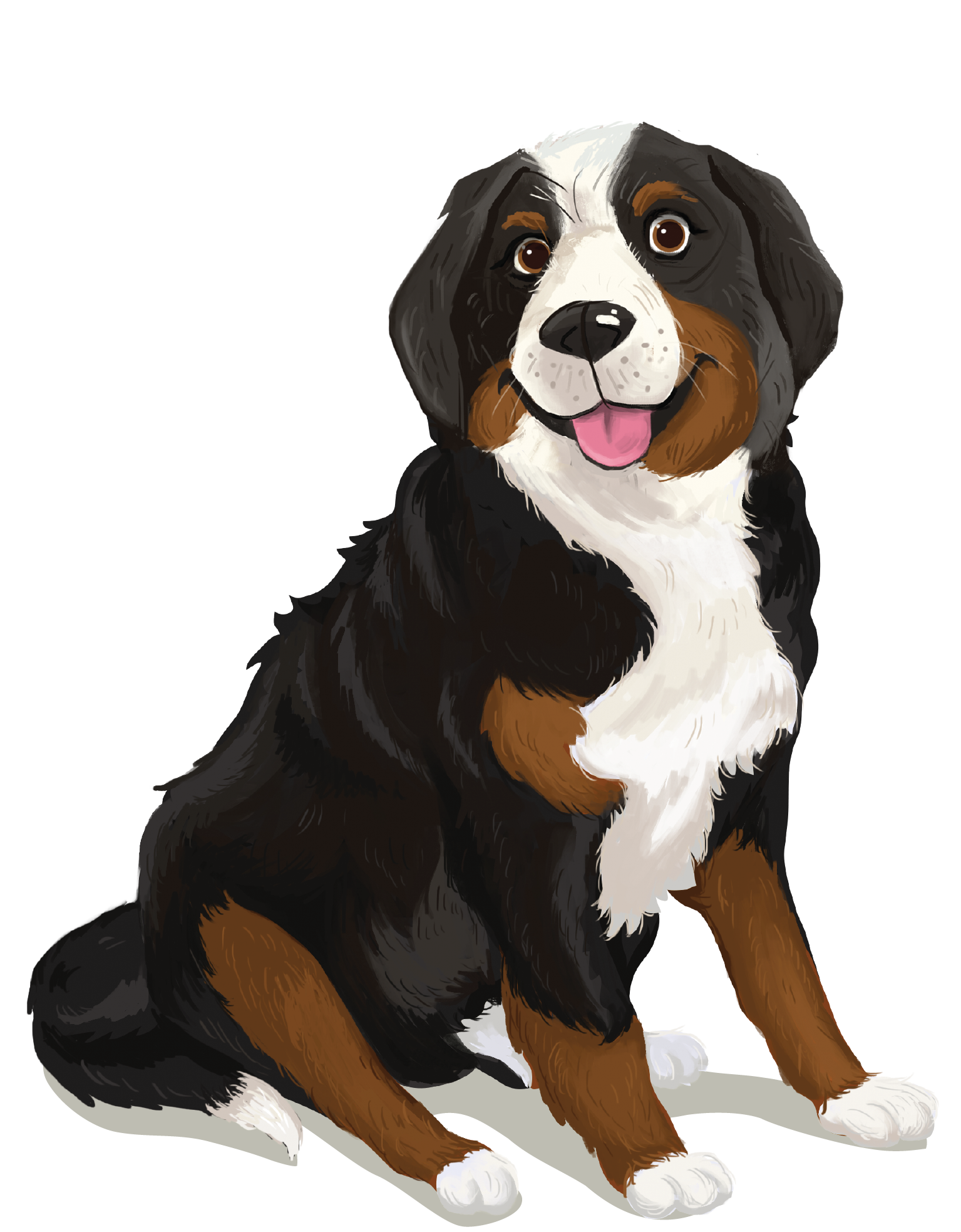Bernie’s Perfect Poop helps battle infection in dogs
 When your dog suffers from an infection, whether acute or chronic, you want to do everything you can to help them heal once for good. How can Bernie’s Perfect Poop help infection?
When your dog suffers from an infection, whether acute or chronic, you want to do everything you can to help them heal once for good. How can Bernie’s Perfect Poop help infection?
- Good dog gut health is important for your dog’s overall health. A healthy diet with high-quality food is important, but if your dog can’t digest and process the food you give him, he loses out on nutrients and health that protect him from infection. Bernie’s helps your dog digest foods better and strengthens your dog’s gut which can help him battle infection.
- Even some high-quality foods are hard for your dog to digest and process. Quality fiber helps your dog digest his food and move toxins throughout his body more quickly to keep him healthy and infection-free. The perfect combination of Miscanthus grass, pumpkin and flaxseed in Bernie’s gives your dog the fiber they need to battle bad infections.
- Bernie’s Perfect Poop also combines prebiotics and probiotics to balance your dog’s gut microbiome. If your dog’s gut is imbalanced, bad bacteria take over, and your dog is left vulnerable to infection. The prebiotics and probiotics in Bernie’s encourage optimal dog gut health and that’s the key to battling infection in your dog.
- Every cell of your dog’s body needs nutrients. When your dog’s immune system is fed and healthy, he can fight infection better. Whether it’s in prevention or helping an active infection heal better, Bernie’s combination of enzymes breaks your dog’s food down. That means your dog can keep all his body systems healthy and infection battle-ready.
- Bernie’s Perfect Poop is a 4-in-1 combination of fiber, prebiotics, probiotics, and enzymes. Good dog gut health is the key to a happier, healthier life for your dog. Your dog’s body heals from the inside out. When he’s battling an infection, a balanced digestive tract and a better gut microbiome are key.




